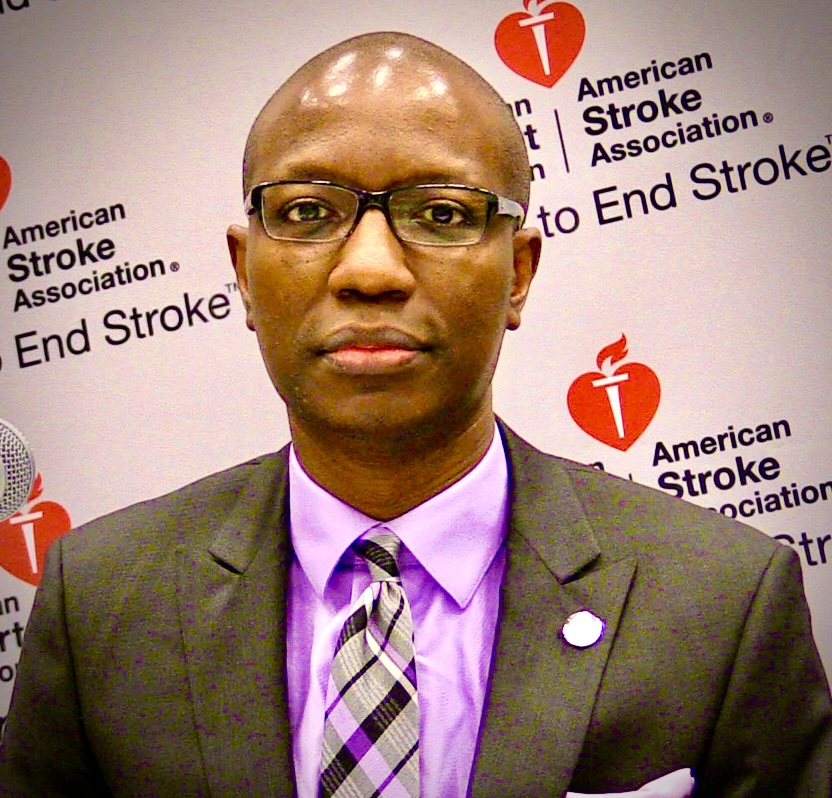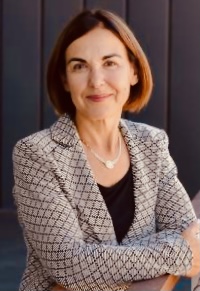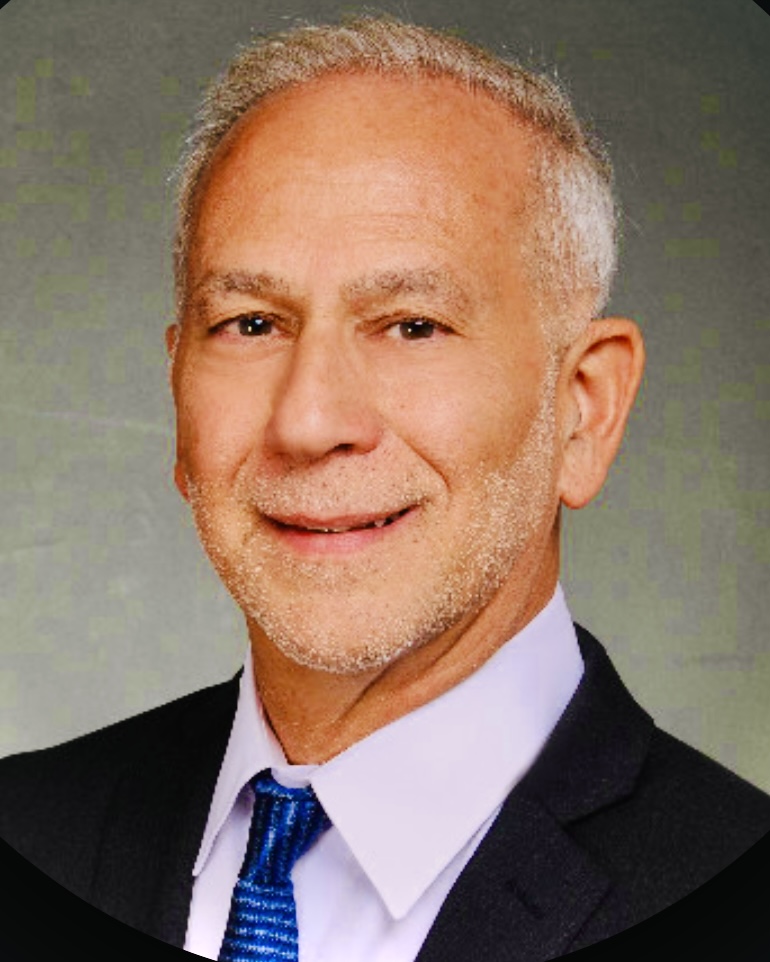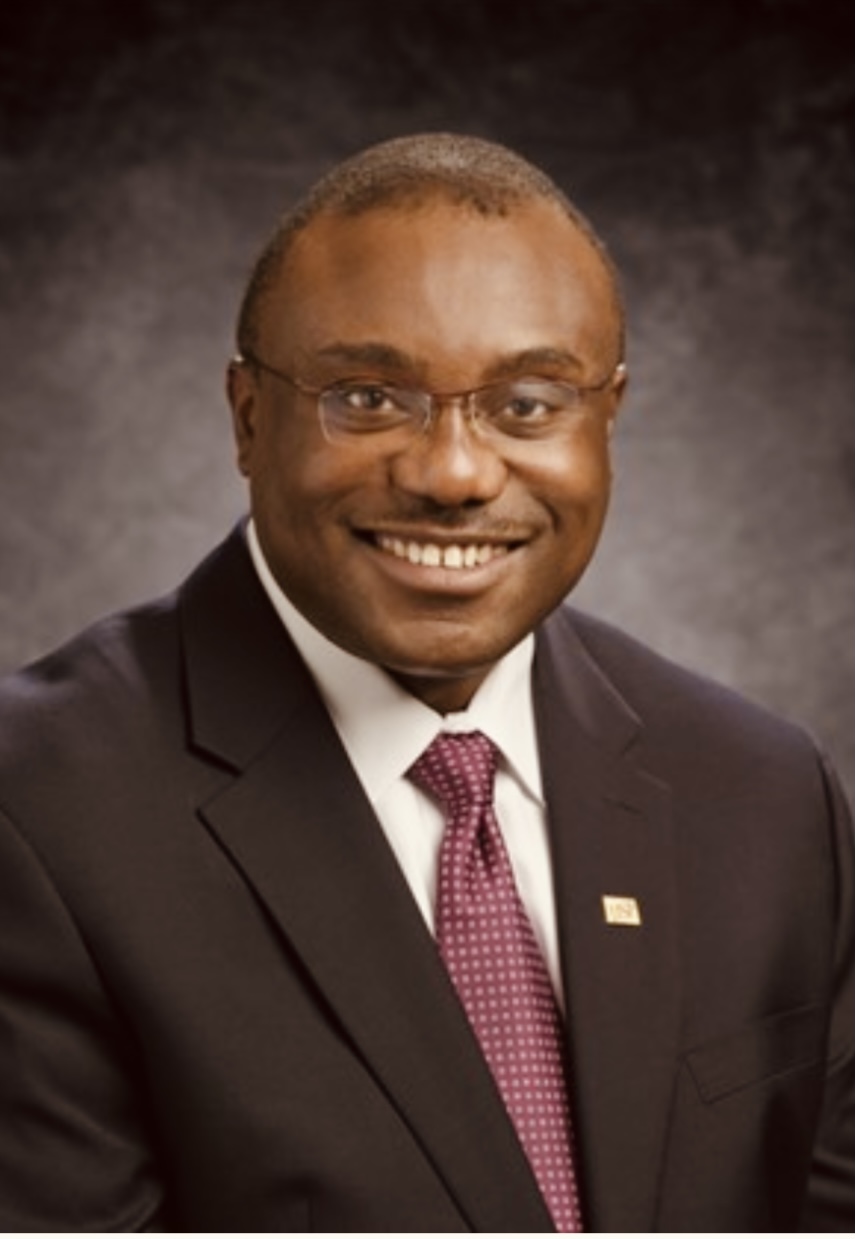COVID-19: Learn how we are supporting and helping communities stay connected. Click here
COVID-19: Learn how we are supporting and helping communities stay connected. Click here
Bairex Telehealth Solutions offers a comprehensive virtual care solution that helps more people access high-quality care.
Bairex Telehealth Solutions has developed tailored solutions to digitize the healthcare experience connecting patients to primary care doctors and primary care doctors to specialists.

Bairex Telehealth Solutions has an international network of physicians specialists that are licensed in their respective countries.
The goal of our experts is to provide patients with affordable and convenient access to specialized care they need.
Our healthcare professionals speak languages such as:
Amharic
Arabic
Cebuano
English
French
Ilocano
Italian
Swahili
Tagalog
Tigrigna

We are always looking for passionate healthcare professionals who want to help people beyond the reach of their borders. Get in touch with us to learn how to join a global, collaborative and multidisciplinary team of healthcare professionals : physicians, specialists, meantal health counsellors, dietitians and clinical operations.
At Bairex Telehealth Solutions, our team has deep clinical and operational expertise and is focused on transforming how people access healthcare around the world.

Dr Ovbiagele is Professor of Neurology and Associate Dean at the University of California, San Francisco as well as Chief of Staff at the San Francisco Veterans Affairs Health Care System. Prior to these roles, he served for six years as Professor of Neurology and Chair of the Department of Neurology at the Medical University of South Carolina.
His primary research involves the translation of evidence-based interventions into clinical practice and community settings, to improve stroke outcomes for underserved and vulnerable populations in the United States and around the world. He currently leads several NIH-funded studies of stroke in the US and sub-Saharan Africa. Ovbiagele has published over 500 peer-reviewed articles (h-index 75) in the areas of stroke prevention, epidemiology, risk factors, and outcomes; and edited five textbooks. He served as a member of the NIH-NINDS Advisory Council (2015-2019), Chair of the International Stroke Conference (2016-2018), Officer of the World Federation of Neurology (2015-2019) and been a member of the FDA Peripheral and Central Nervous System Drugs Advisory Committee since 2014. He is Chair of the annual “Health Equity and Actionable Disparities in Stroke: Understanding and Problem-Solving (HEADS-UP) symposium” and an Associate Editor of the journal Stroke.
Ovbiagele has been a member of the AAN since 1998. He has been privileged to serve on several committees and subcommittees including the Clinical Research Training Fellowship Award Committee, Clinical Research Subcommittee, Minority Scholars Subcommittee, and Education Committee. Ovbiagele received the Michael Pessin Stroke Leadership Award in 2008. He was a Neurology on the Hill participant in 2008, Palatucci Advocacy Leadership Fellow in 2009, and Minority Scholars Visiting Professor to Morehouse School of Medicine in 2011. He has served as director of stroke courses at both the Annual Meeting and Fall Conference, Faculty Chair/Guest Editor for a Continuum issue, and abstracts reviewer for the Annual Meeting. Ovbiagele is a member of the Media Expert Panel.
Since 2016, Ovbiagele has been the principal investigator on an NIH-funded R25 educational program, implemented in partnership with the AAN, entitled “Training in Research for Academic Neurologists to Sustain Careers and Enhance the Numbers of Diverse Scholars (TRANSCENDS).” The goal of TRANSCENDS is to train, mentor, and inspire a national cohort of underrepresented in medicine (UIM) individuals who are post-residency fellows and junior faculty to conduct high-quality neurological research and develop successful academic careers.

Dr. Lidia Schapira is Professor of Medicine at Stanford University School of Medicine and Director of Cancer Survivorship at the Stanford Comprehensive Cancer Institute. She graduated from Dartmouth Medical School and trained at the Beth Israel Hospital in internal medicine and completed a hematology and oncology fellowship at the Brigham and Women’s Hospital in Boston followed by a research fellowship in Aging at Harvard Medical School. Dr. Schapira’s clinical focus is in treatment of breast cancer. She is a co-Principal Investigator in a longitudinal study of young women with breast cancer based at Dana Farber/Harvard Cancer Institute. Dr. Schapira has pioneered research and training in communication skills for cancer clinicians and initiatives designed to improve awareness of cancer research and clinical trials in underserved communities. She holds leadership roles in national and international societies (American Society of Clinical Oncology and Multinational Association of Supportive Care in Cancer) and serves as Editor-in-Chief of ASCO’s website for the public, Cancer.Net and Consultant Editor for Art of Oncology for the Journal of Clinical Oncology. Dr. Schapira has contributed to volunteer efforts to improve cancer care globally through education and mentoring and served as past Chair of ASCO’s IDEA program. Throughout multiple clinical, editorial and educational activities, Dr. Schapira has devoted her career to improving the quality of life of patients and families with cancer through improvements in symptom management, improved communication and other strategies designed to support patients’ ability to manage the challenges associated with cancer.

Dr Michael Weiner is a Professor in Residence in Radiology and Biomedical Imaging, Medicine, Psychiatry, and Neurology at the School of Medicine, University of California, San Francisco. He is Principle Investigator of the Alzheimer's Disease Neuroimaging Initiative, which is the largest observational study in the world concerning Alzheimer's Disease.
He is the former Director of the Center for Imaging of Neurodegenerative Diseases (CIND) at the San Francisco Veterans Affairs Medical Center. After graduating from the Johns Hopkins University in 1961, he obtained his M.D, from SUNY Upstate Medical Center in Syracuse, New York in 1965, and he completed his internship and residency in Medicine from Mt. Sinai Hospital in 1967. From 1967-1968, Dr. Weiner completed a residency and clinical fellowship in Metabolism from Yale-New Haven Medical Center. In 1970, he completed a research fellowship in Nephrology from Yale University School of Medicine and a research fellowship in Biochemistry from the University of Wisconsin Institute for Enzyme Research in 1972, followed by a joint appointment in the Department of Medicine, Renal Section from the University of Wisconsin Institute in 1972. In 1974 he became an Assistant Professor of Medicine (Nephrology) at Stanford University, and in 1980 he became an Associate Professor of Medicine (Nephrology) at UCSF. In 1983, he established the Magnetic Resonance Unit at the San Francisco VA Medical Center, which became the Center for Imaging of Neurodegenerative Diseases in 2000. In 1990, he became a Professor of Radiology, Medicine, Psychiatry and Neurology at UCSF.
Dr. Weiner’s research activities involve the development and utilization of MRI and PET for investigating and diagnosing neurodegenerative diseases. During the past 25 years he has worked to develop and optimized the use of MRI, PET, and blood based biomarker methods to diagnose Alzheimer’s disease and other neurodegenerative disorders. He is the Principle Investigator of the Alzheimer's Disease Neuroimaging Initiative, a 14-year national longitudinal study of over 1500 subjects which is aimed at validating biomarkers for Alzheimer’s disease at 60 sites across the USA and Canada for cognitive testing, MRI, PET, and lumbar puncture. He also launched the BrainHealthRegistry.org which is an internet based registry with the overall goal of accelerating development of effective treatments for brain diseases. This website registry recruits, screens, and longitudinally monitors brain function on more than 60,000 participants. His overall research goals are to participate in the development of effective treatments and methods for early detection of Alzheimer's disease and other brain disorders.

Dr Spector is Senior Vice President of Global Strategy and Medical Affairs at Brainstorm Cell Therapeutics. A physician and scientist, Sid has over twenty years of experience in the development of innovative medicines for neurological and psychiatric disorders, and he is currently Clinical Associate Professor of Neurology at the University of Arizona School of Medicine. Prior to joining Brainstorm, Sid was Vice President of US Medical Affairs at Avexis before its acquisition by Novartis, supporting clinical development and launch of Zolgenzma ®, a gene replacement therapy for spinal muscular atrophy, after which he continued at Novartis supporting these global efforts while assuming clinical lead responsible for management of Asia/Pacific clinical development and regulatory submissions. Earlier in his career, he held senior roles in CNS drug development and medical affairs at Elan Pharmaceuticals (Tysabri®, Prialt®) and Pfizer Inc. (Geodon®, Relpax®).
Dr. Spector earned his medical degree at the University of Tel Aviv Sackler School of Medicine, and his PhD in Kinesiological Sciences at the University of California, Los Angeles. He completed post-doctoral fellowships at the National Institutes of Health, NINCDS in Neuromuscular Diseases and Neurokinesiology.

Dr. Lukulay is a global health professional with over twenty years’ experience in pharmaceutical industry and global health organizations. He was senior principal scientist at Pfizer in the United States and vice president at United States Pharmacopeial, the lead organization that sets quality standards for medicines sold and manufactured in the US.
At the United States Pharmacopeial, he was also director of the USAID program overseeing a 110- Million-dollar program to provide technical assistance in the regulation of medicines in over 35 countries in Asia, Latin America and Africa.
Dr. Lukulay was instrumental in setting up the current quality control laboratory at the Pharmacy board in Sierra Leone and has helped to train its staff in country and abroad.
He has authored over 24 publications in reputable peer-review journals and is a frequent speaker at national and international conferences on pharmaceutical analysis using chromatographic and spectroscopic techniques.
He is a member of the editorial board of the American Journal of Pharmacotherapy and Pharmaceutical Sciences (AJPPS), member of the American Chemical Society, and a member of the board of directors for the Professional Science Masters (PSM) program for major Universities in the United States.
Dr. Lukulay received a B.S degree (Hons) from the University of Sierra Leone, an M.S. degree in Analytical Chemistry from the University of Aberdeen in Scotland and a Ph.D. in Analytical Chemistry from Michigan State University.
Dr. Lukulay has received several awards including the distinguished Alumnus award by Michigan State University college of Natural Science and Sierra Leone of the year award by the Grammar school student association in the United States-2015.